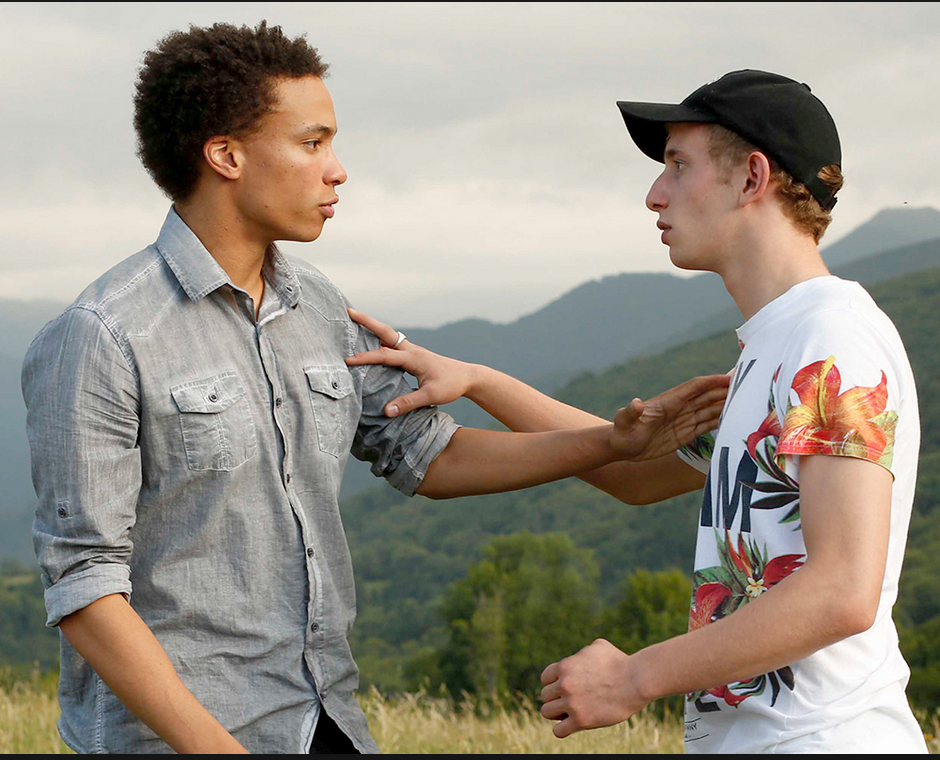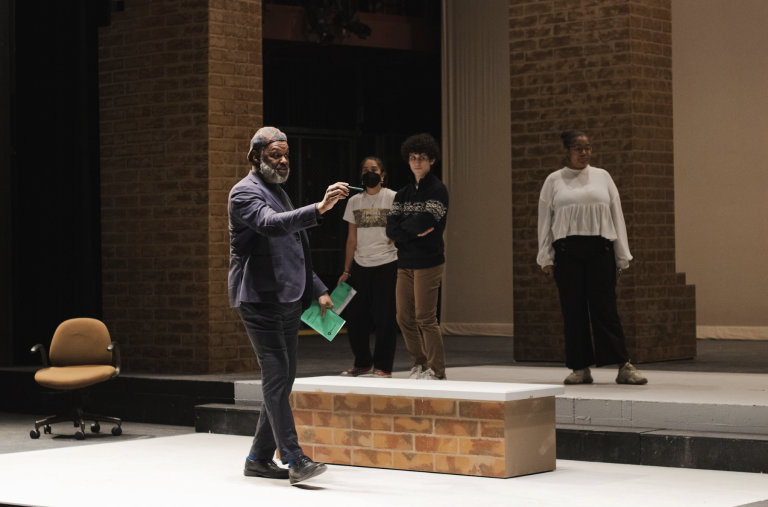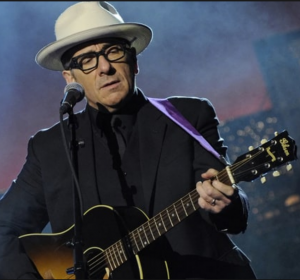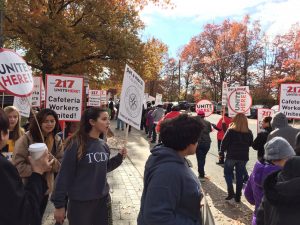NATY BUSH ’19
CONTRIBUTING WRITER

Next week, from Wednesday Nov. 9 to Saturday Nov. 12, Cinestudio will be hosting the 18th annual EROS (Encouraging Respect of Sexualities) Film Festival.
While in the past the EROS Film Festival often overlapped with Ally Week and was a week-long event, this year the festival was shortened to four days. The Film Festival was also given its own week separate from Ally Week so students have more free time to attend more films. The films will be screened in Cinestudio and are free to all Trinity students and EROS recommends them for all students, regardless of gender and sexual orientation.
Reel in the Closet will be the first film screened on Oct. 9 at 7:30 p.m. It is a documentary about the LGBTQ community continuing to live behind closed doors until the 1969 Stonewall Riots.
On Nov. 10 at 7:30 p.m. is Real Boy, a coming-of-age story about a transgender boy who searches to find his voice as a musician and a man.
On Nov. 11 at 7:30 p.m .The Watermelon Woman will be shown, on the 20th anniversary of the film’s release. It is a comedy based on the life of a lesbian black woman who tries to make a documentary about a woman from the 1930s and ends up finding love with a woman who is a regular at the store where she works.
On Nov. 12 at 2:30 p.m. Arianna will be screened, a film about a transgender woman who discusses how she was born three times: once as a boy, once as a girl, and once during a tense time at her home.
The final film, which will be shown on Nov. 12 at 7:30 p.m., is Being 17. The film 17 is a French film about two teenage boys who grow from dislike to finding an attraction to each other.
These films have garnered critical and audience attention not only for their subject matter, but also for their high quality of filmmaking and the passion with which they were conceived. These four motion pictures were chosen because they reflect as many of the facets of LGBTQ life as possible, as they appear in our contemporary world and decades in the past. In this way they act as a timeline of progress. LGBTQ movies also draw from a shared history that is often forgotten or marginalized, especially by mainstream media like movies and television, where queer people are underrepresented. The EROS Film Festival attempts to show the ubiquity and advancement of the LGBTQ experience throughout the twentieth century, while still showing films that touch on the universality of their struggle, and honor their experiences.
EROS Film Festival Turns Spotlight on LGBTQ Life







+ There are no comments
Add yours